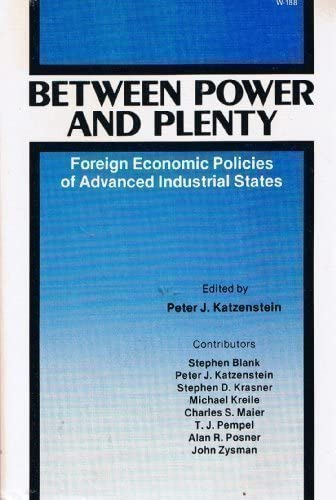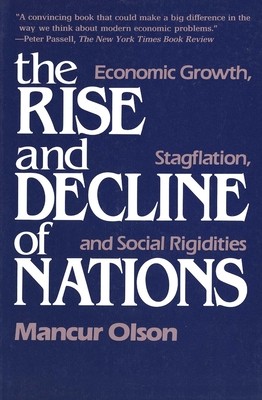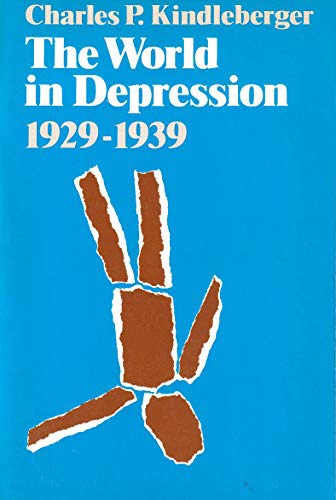Professor of Political Studies, 1985–2010
It is difficult to identify only three books that were inspirational to me but these three would rank high on my list. I taught international politics for 25 years at Pitzer with a special emphasis on International Political Economy. These books are taken from those fields.
Between Power and Plenty: Foreign Economic Policies of Advanced Industrialized States (1978) by Peter Katzenstein (1945- ). Katzenstein develops a framework for comparing the foreign economic policies of the advanced industrial nations. It identifies domestic and international constraints facing policy makers and is attentive to the historical and situational factors facing these countries. My own work has paid considerable attention to the tensions between foreign and domestic policies.
The Rise and Decline of Nations (1982) by Mancur Olson (1932-1998). Building on the argument of his seminal work, The Logic of Collective Action: Public Goods and the Theory of Groups (1965), Olson seeks to explain the improbable economic rise of West Germany and Japan after World War II as well as the relative economic decline of the Unite States in the 1970s and 1980s. He emphasizes the role of interest groups and the paralyzing impact that they can have on policy process. Such groups have come to dominate the US process but were largely destroyed with the devastation imposed on Germany and Japan by the war. While I believe that the explanation of Germany and Japan’s rise and American decline are more complicated than Olson’s argument would lead us to believe, it fills in an important part of the picture and helps us to think more clearly about competing explanations.
The World in Depression 1929-1939 (1973) by Charles P. Kindleberger (1910-2003). Kindleberger argues that in order to operate effectively, the open international economy needs a hegemonic leader to impose and enforce a set of trade and monetary rules on the rest. Britain played this role in the 19th century and the US has played this role since World War II. The retreat of the US into isolationism after World War I and its failure to provide international economic leadership contributed to trade wars and monetary disorder that exacerbated the effects of the global depression. While I have not embraced fully the Kindleberger argument about “hegemonic stability,” I have found it to be an important contribution to the study of international political economy.
 Between Power and Plenty (1978) by Peter Katzenstein
Between Power and Plenty (1978) by Peter Katzenstein
 The Rise and Decline of Nations (1982) by Mancur Olson
The Rise and Decline of Nations (1982) by Mancur Olson
 The World in Depression 1929-1939 (1973) by Charles P. Kindleberger
The World in Depression 1929-1939 (1973) by Charles P. Kindleberger